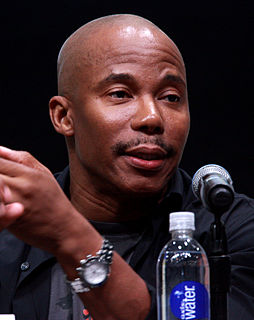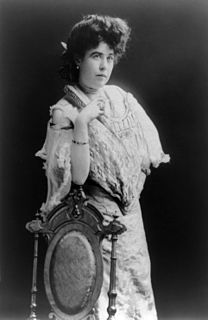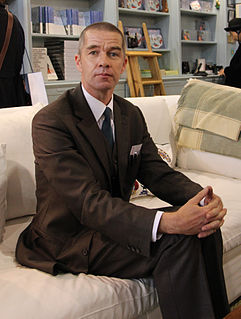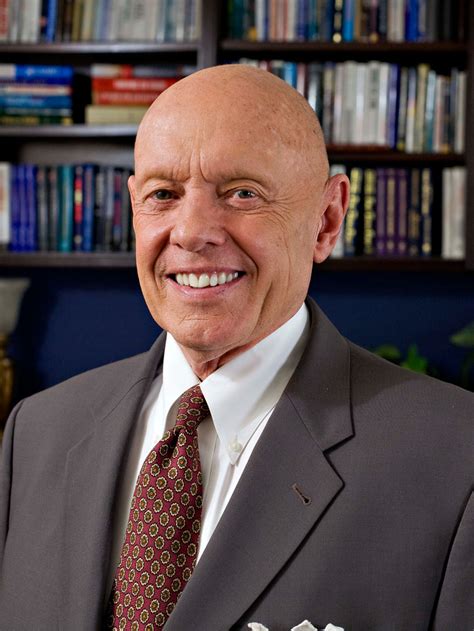A Quote by Erik King
I'm always curious how we sometimes have a different point of view when it comes to justice. And that's why people root for 'Dexter.'
Related Quotes
[T]he more clamour we make about 'the women's point of view', the more we rub it into people that the women's point of view is different, and frankly I do not think it is -- at least in my job. The line I always want to take is, that there is the 'point of view' of the reasonably enlightened human brain, and that this is the aspect of the matter which I am best fitted to uphold.
It's joyful in that there's another point of view on all things, you know, not just mine. That's why I like to write and collaborate with people. There's another point of view, and when those two things come together, and people work at it really hard, they get something that is the whole is more than the sum of - is that how you say that?
I always thought that Seth [Rogen] was a fun, caustic, bombastic, sweet, underdog-type of person that I would root for the way you used to root for Bill Murray or John Candy in "Stripes." Seth had something that very few people you encounter have: he had a writer's mind and he had his own comic point of view.
Part of the magic of economic growth is how you educate people, and the leading economies have to stay in front of that. From an economic point of view, it affects competitiveness and creates jobs. Or from a social justice point of view, you can take someone in the bottom tier of income and let him compete to be a doctor or lawyer. The education system is the only reason the dream of equal opportunity has a chance of being delivered - and we're not running a good education system.
[On how she goes about trying to live authentically] Well really listening to my point of view and if I am on a set, say, that doesn't really value a woman's point of view, regardless of how they feel, continuing to give my point of view and try to find a way to be heard and not diminishing myself because other people are diminishing me. Because that, I think, is the worst temptation that, you know, you judge yourself by how others are judging you, and to fall into that trap is to walk into the realm of self-annihilation.
Those same people, when they leave the theater, when they look behind the curtains they are curious about their neighbors, they can guess if their neighbors are siblings or a couple, how old they are, what their occupation is. They are curious about each other and they can understand each other without being fed information. Why should it be different in cinema?




































